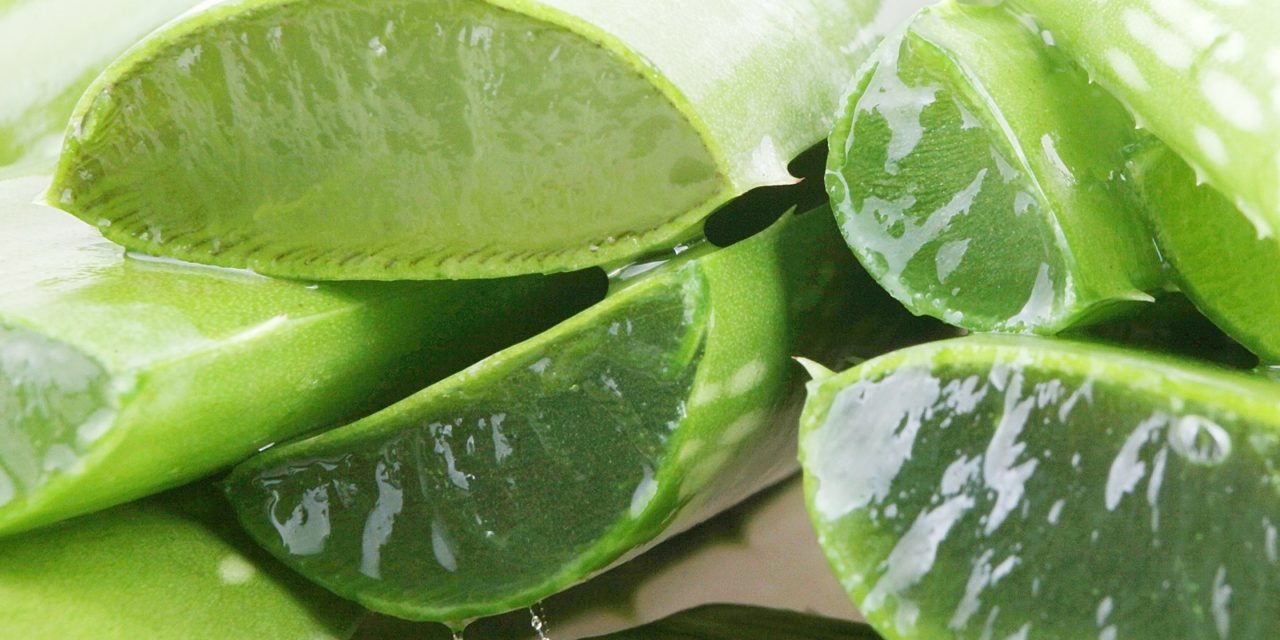ALOE: a miraculous plant!

Summer is almost over, and by the beginning of September everyone has returned to the daily routine paused before the holidays. To make this passage less bitter, I would like to dedicate this space to the extract of a very used plant in the summer: l'aloe.
The aloe is a succulent plant that originates in Central Africa but, the Mediterranean climate allows a luxuriant growth even in the Amalfi coast. Considered by the ancient Egyptians as an immortal plant, it was used for the embalming of the pharaohs and by the same Cleopatra for the beauty care; from the ancient Greeks and Romans it was used on soldiers to treat wounds and only recently it has been also used in Italy especially in cosmetics for its healing, moisturising, emollient and antioxidant properties.
From the composition’s perspective, the aloe boasts the presence of five families of compounds: mucopolysaccharides, trace elements, steroids, anthraquinones. Let's analyse them individually: mucopolysaccharides are a family of complex sugars with an amorphous consistency, they are known for their gastroprotective action in fact they adhere to the stomach mucosa forming a film that isolates it from irritants. They also exert a re-epithelializing action going to stimulate the activity of macrophages with the consequent synthesis of collagen. The content in minerals and vitamins is an excellent reserve for this plant: in fact, the presence of magnesium and selenium results in a strengthening of antioxidant defences and therefore in the slowing of the cellular ageing process, properties that are used in the formulation of anti-aging preparations . The presence of steroids is responsible for the anti-inflammatory properties of the aloe and this is certainly the feature most supported by scientific evidence; in fact, the action exerted by these is comparable to that of steroid synthesis drugs without causing any side effects. The presence of anthraquinone has a purifying effect on the body, in fact they are compounds that stimulate contractions of the terminal tract of the intestine, therefore they are considered natural laxatives; however, in literature are known cases of aloin intoxication, the first anthraquinone extracted from this plant, therefore its intake must be limited.
In dietary regimens it is definitely useful in slimming diets as it helps to burn fat, to stimulate lymphatic drainage and to eliminate waste.
In cooking the aloe vera can be used to prepare cold cocktail sauces, emulsified oil, or at the end of the preparation of sauces. Aloe vera in dishes helps to assimilate some nutritive principles without affecting the flavour, making it even fresh and unique.
Dott. Teresa Di Lauro
#MelRoseFriends


